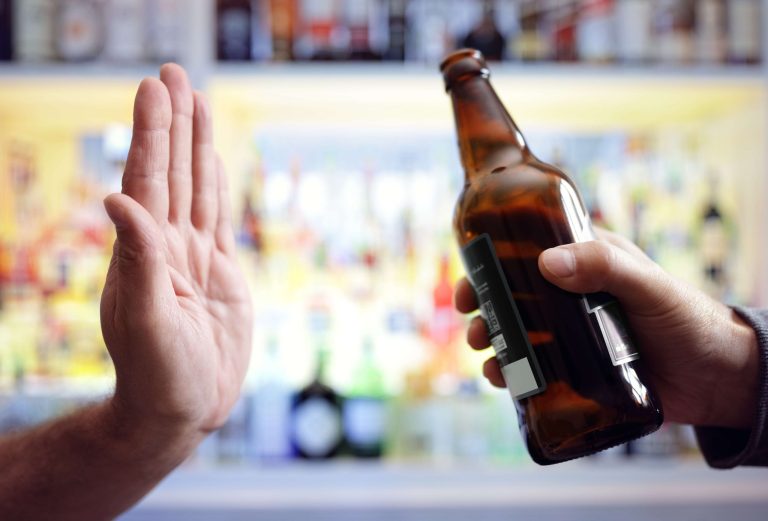Sometimes they think that avoiding high-risk situations is a sign of weakness. In mental relapse, there is a war going on inside people’s minds. As individuals go deeper into mental relapse, their cognitive resistance to relapse diminishes and their need for escape increases. However, it’s impossible to always avoid stressful situations and therefore, learning ways to better cope with stress rather than turning to alcohol, is an important part of recovery. One way to prepare for this trigger is to identify the things in your life that may be causing you stress and look for ways to either eliminate those triggers or avoid situations that may raise your stress levels.

While no path in recovery is a straight line, a person in recovery actively attempts abstinence, harm-reduction education, and application of said education. If it happens, it is important that you get back up, dust yourself off, and get back on the path to recovery. If it happens, it is important that you get back up, dust yourself off and get back on the path to recovery. Hosted by Amy Morin, LCSW, this episode of The Verywell Mind Podcast, featuring addiction specialist Erica Spiegelman, shares the skills that help in recovery. During this period, you can expect to develop new skills you may have never learned that made you more susceptible to AUD in the first place.
National Institute on Alcohol Abuse and Alcoholism (NIAAA)
We provide a full continuum of alcohol treatment services, including medical detox, inpatient care, outpatient programming and long-term aftercare. It is helpful to understand the difference between a lapse and a relapse. While a relapse involves a return to uncontrolled drug or alcohol use, a lapse is simply that initial drink or use of a drug after a period of sobriety. Clients are encouraged to identify whether they are non-users or denied users. A denied user is in chronic mental relapse and at high-risk for future relapse.
- Understanding triggers for alcohol use is important for someone in recovery and their loved ones.
- Self-care might be as simple as adjusting your diet or getting more sleep.
- But with good coping skills, a person can learn to let go of thoughts of using quickly.
Next to each, add the techniques you and your therapist or support team have come up with to manage it. And you’re at greater risk when you try to quit drinking on your own. A formal recovery plan gives you strategies for dealing with people or situations that could trigger relapses. “We’re also interested in what brain regions are changing as a function of alcohol dependence,” Flores-Ramirez says.
Staying Sober: Alcoholism Relapse Prevention Tools
If you are working toward long-term sobriety and want to avoid having a relapse, it is important to recognize the following warning signs. If you can identify them, you can take action to keep them from progressing into a full-blown relapse. Typically, alcohol withdrawal symptoms happen for heavier Alcohol Relapse drinkers. Alcohol withdrawal can begin within hours of ending a drinking session. If you struggle with drinking or struggling to maintain your recovery from alcohol addiction, The Recovery Village Drug and Alcohol Rehab can help. Contact our alcohol addiction recovery experts today to learn more.
Alcohol or Drug Relapse Signs and Symptoms – Verywell Mind
Alcohol or Drug Relapse Signs and Symptoms.
Posted: Wed, 29 Nov 2023 08:00:00 GMT [source]
Taking these steps can help make their long-term recovery a reality. As the loved one of someone in recovery, there are ways you can help preserve their recovery and prevent a relapse. We do not receive any commission or fee that is dependent upon which treatment provider a caller chooses. Another immediate need you should fulfill following a relapse is a safe living environment. If your living arrangements are neither safe nor conducive to recovery, please consider alternative arrangements. If you relapse while operating under a harm-reduction model, it usually means you have gone back to the previous substance you used with the same amount of frequency that you originally tried to reduce or replace.
